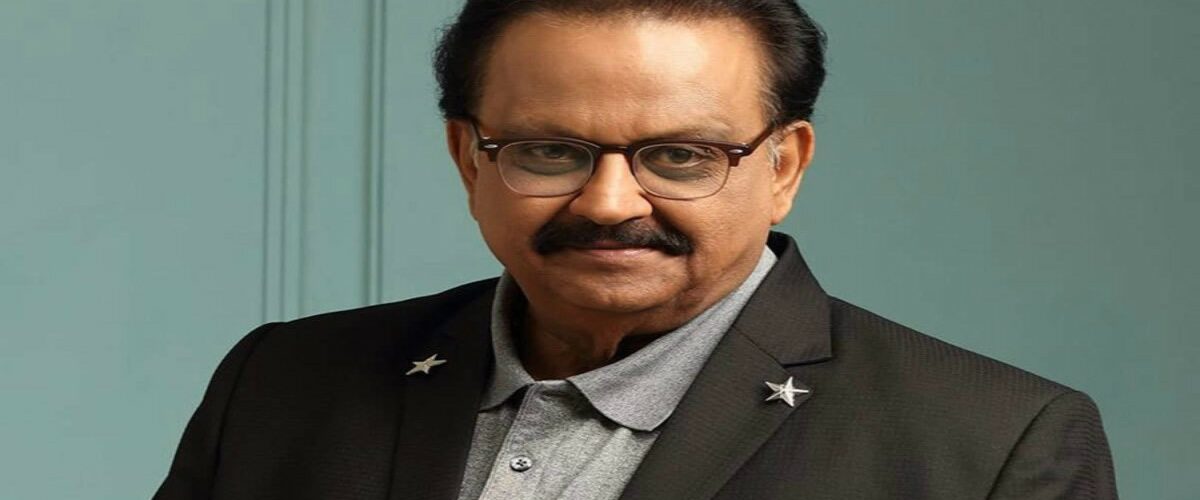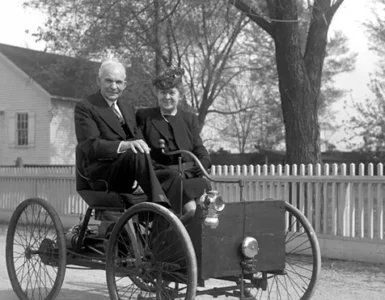S. P. Balasubrahmanyam, widely known as SPB, stands as one of the most iconic playback singers in the history of Indian music. His contributions to Indian cinema spanned over five decades, making him a beloved voice across many languages and genres. Furthermore, he was known for his versatility and melodic voice, which helped shape his career as a singer, music director, actor, and dubbing artist. Consequently, his impact on the Indian music industry was enormous. This piece explores the life of S. P. B, including his achievements, musical journey, and the legacy he left behind.
Early Life and Introduction to Music
Sripathi Panditaradhyula Balasubrahmanyam was born on June 4, 1946, in Nellore, in what was then the Madras Presidency (now Andhra Pradesh), India. Notably, he was born into a musical family; his father was a Harikatha artist, a form of storytelling, while his mother was a homemaker. Growing up in such a musical environment, SPB developed a passion for music early in life. He even taught himself to sing and play various instruments.
Despite his love for music, SPB initially pursued engineering. He enrolled in JNTU College of Engineering in Anantapur. However, health issues forced him to discontinue his studies. Nevertheless, his dedication to music never wavered, and he actively participated in local music competitions, where he gained recognition for his melodious voice.
The Beginning of a Legendary Career
Interestingly, SPB’s entry into playback singing was almost accidental. In 1966, he won a singing competition, which led him to meet music director S. P. Kodandapani, who became his mentor. Kodandapani subsequently gave him his first break in the Telugu film industry with the song “Emi Ee Vintha Moham” from the film Sri Sri Sri Maryada Ramanna. This marked the beginning of SPB’s prolific career.
As a result, he quickly rose to prominence in the Telugu film industry. However, it wasn’t long before his voice reached other regions as well. In the late 1960s, he began singing for Tamil and Kannada films. By the 1970s, he had become one of the most sought-after playback singers in South India.
The Multi-Lingual Maestro
One remarkable aspect that made Balasubrahmanyam stand out was his ability to sing fluently in multiple Indian languages. Throughout his career, he sang in over 16 languages, including Telugu, Tamil, Kannada, Hindi, and Malayalam. Additionally, he recorded songs in less common languages such as Tulu, Odia, and Marathi. Impressively, he recorded more than 40,000 songs, which earned him a Guinness World Record for the highest number of songs sung by a playback singer.
His versatility and ability to adapt to different languages, genres, and emotions contributed to his uniqueness. For instance, whether performing romantic ballads, classical pieces, or peppy dance numbers, SPB mastered every genre, bringing countless songs to life across the Indian subcontinent.
S. P. Balasubrahmanyam’s Bollywood Breakthrough: The Voice of Salman Khan
Notably, Balasubrahmanyam’s breakthrough in Bollywood came in 1981. He sang for the film Ek Duuje Ke Liye, a Hindi remake of a popular Tamil film. His songs “Tere Mere Beech Mein” and “Hum Bane Tum Bane” became instant hits, ultimately earning him the National Film Award for Best Male Playback Singer.
Moreover, it was his work with Salman Khan in the 1989 film Maine Pyar Kiya that truly made him a household name across India. The film’s soundtrack, composed by Raamlaxman, included chartbusters like “Dil Deewana” and “Mere Rang Mein Rangne Wali,” all sung by SPB. Consequently, his voice became synonymous with Salman Khan, and he continued to sing for him in many subsequent movies like Hum Aapke Hain Koun (1994) and Saajan (1991).
SPB’s success in Bollywood solidified his position as a national singer, showcasing his versatility and ability to appeal to a wide audience.
Awards and Recognitions
SPB’s extraordinary career earned him numerous awards and accolades. Notably, he won six National Film Awards for Best Male Playback Singer in various languages. This achievement made him one of the few playback singers to win across multiple languages. Some of his most notable award-winning songs include:
- “Omkaara Nadhaanu” (Telugu, Sankarabharanam)
- “Tere Mere Beech Mein” (Hindi, Ek Duuje Ke Liye)
- “Cheppaalani Undi” (Telugu, Sutradharulu)
- “Kaadhal Rojave” (Tamil, Roja)
In recognition of his contributions to Indian music and arts, SPB was also honored with the Padma Bhushan in 2011 and the Padma Shri in 2001, two of the highest civilian honors in India.
Acting, Dubbing, and Music Direction
In addition to his illustrious singing career, SPB was a talented actor, music director, and voice artist. He acted in over 50 films in Telugu, Tamil, and Kannada, often taking on supporting or comedic roles. Although his acting career was secondary to his singing, he consistently brought warmth and humor to the screen.
Furthermore, SPB was an accomplished dubbing artist. Notably, he provided the voice for Kamal Haasan in the Telugu dubbed versions of many Tamil films. He received the Nandi Award (given by the Government of Andhra Pradesh) for Best Male Dubbing Artist multiple times. Additionally, he lent his voice to Rajinikanth in some Telugu-dubbed films.
Balasubrahmanyam’s Collaboration with Music Legends
Throughout his career, Balasubrahmanyam collaborated with nearly every major composer in the Indian film industry. His partnerships with legendary composers like Ilaiyaraaja, M. S. Viswanathan, and later A. R. Rahman resulted in some of the most memorable songs in Indian cinema. Notably, his collaboration with Ilaiyaraaja was prolific, producing countless hits in the 1970s and 1980s.
When A. R. Rahman entered the scene in the early 1990s, SPB’s voice added life to Rahman’s music. One of their notable collaborations was the song “Thanga Thamarai” from the film Minsaara Kanavu, which won SPB another National Film Award. Additionally, the song “Roja” from Roja (1992) remains one of SPB’s most iconic tracks in Tamil cinema.
The Devotional and Private Albums
Apart from film songs, Balasubrahmanyam also recorded several devotional songs and private albums. These works appealed to listeners across different religious communities. His renditions of devotional songs in Telugu, Tamil, and Kannada became extremely popular and are still widely played in temples and homes today. Moreover, his private albums, including ghazals and romantic songs, received much appreciation.
Balasubrahmanyam’s Warm Personality and Connection with Fans
Beyond his immense talent, SPB was known for his warm personality, humility, and dedication to music. Despite his fame and achievements, he remained approachable and friendly. Additionally, he was a gifted speaker, engaging audiences with his anecdotes, sense of humor, and love for music.
SPB regularly performed at live concerts around the world. His ability to connect with fans was unmatched, making him beloved by audiences and colleagues alike.
Balasubrahmanyam’s Final Years and Legacy
In 2020, SPB was diagnosed with COVID-19. After battling complications for over a month, he sadly passed away on September 25, 2020. His death represented a significant loss to the music world, prompting tributes from fans, musicians, and political leaders across the globe.
However, Balasubrahmanyam’s legacy lives on through the countless songs he recorded and the impact he made on the Indian music industry. His voice not only defined generations of music but also brought joy to millions of listeners. Ultimately, the songs he sang have become timeless. He will always be remembered as a voice that transcended language, culture, and emotion.
Conclusion
SPB was more than just a playback singer; he was a musical legend who left an indelible mark on Indian cinema and culture. With over 40,000 songs in 16 languages and multiple national awards, his voice served as the soundtrack to many lives across India and beyond. His versatility, warmth, and dedication to his craft made him a true icon. Therefore, his songs continue to resonate in the hearts of music lovers everywhere.
The world of Indian music will always remember Balasubrahmanyam as a golden voice, a humble soul, and an artist whose music will inspire and touch hearts for generations to come.





Add comment